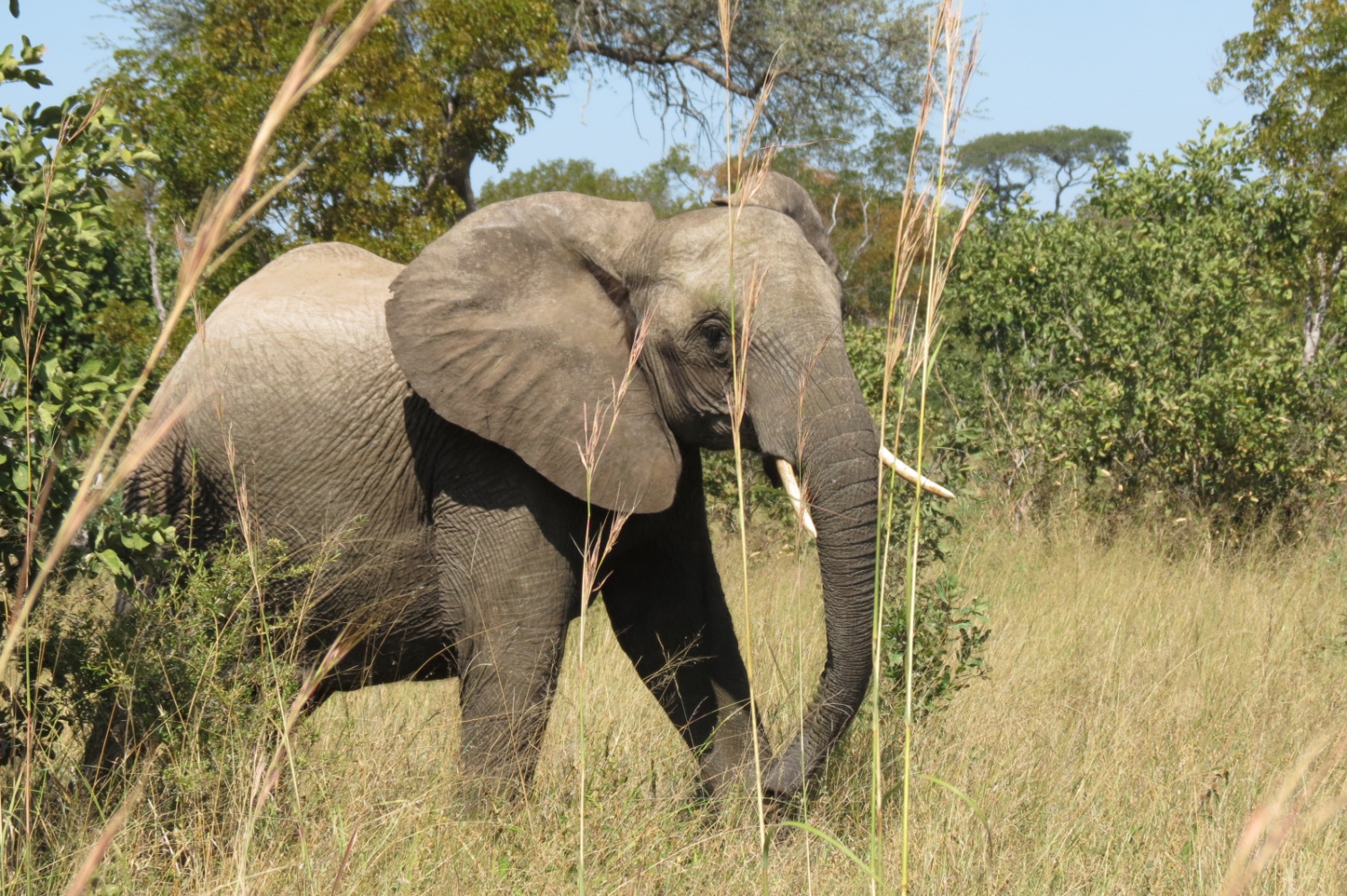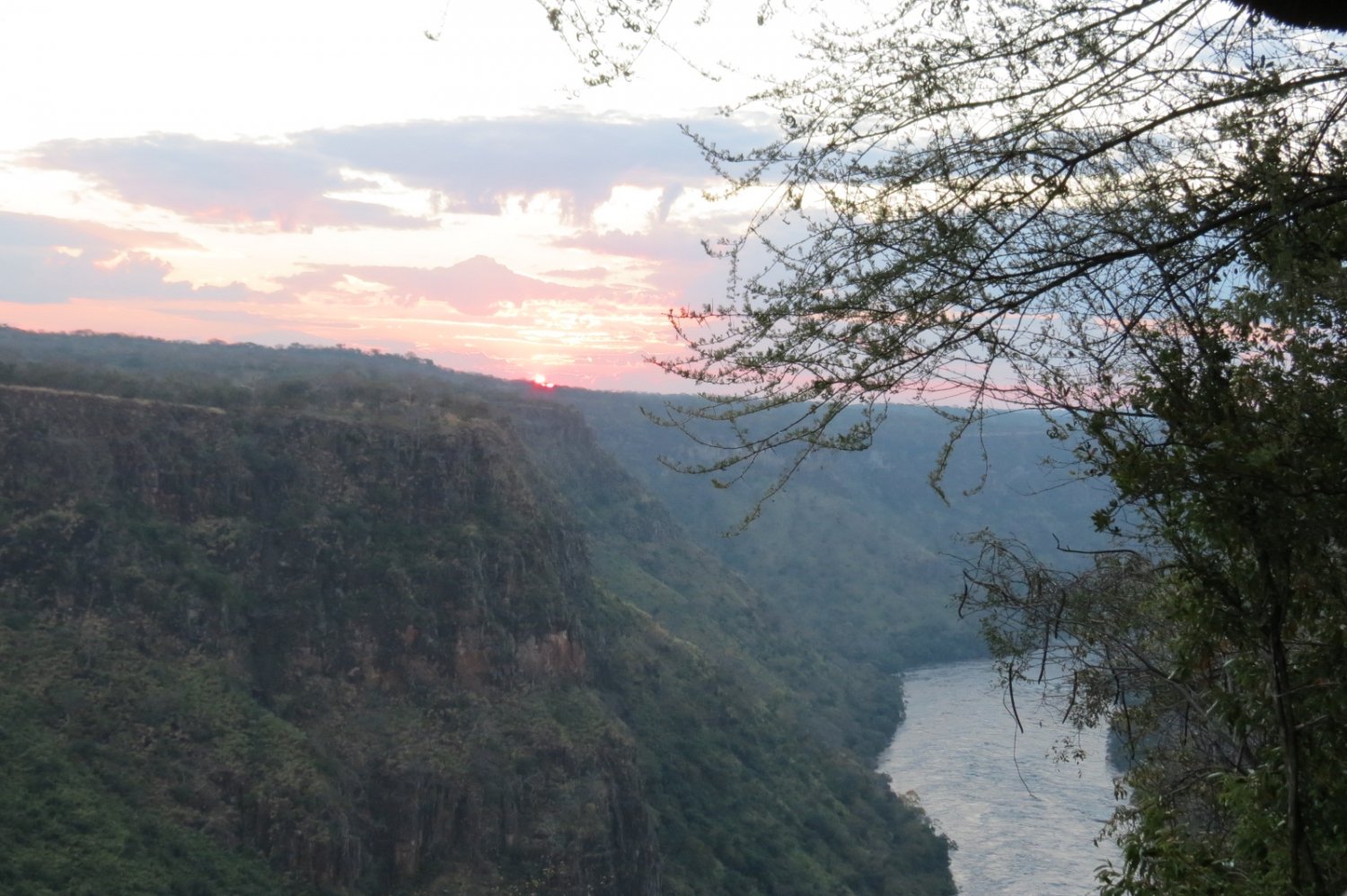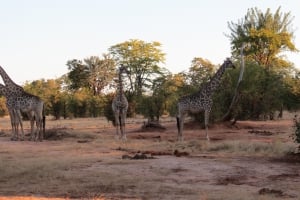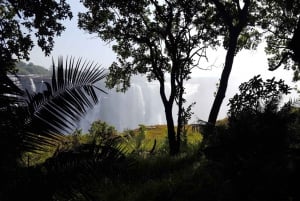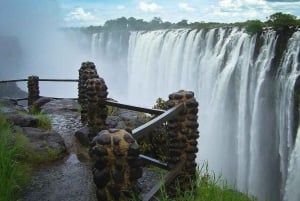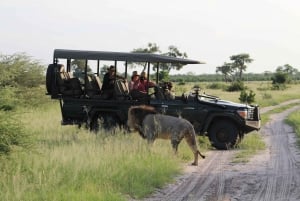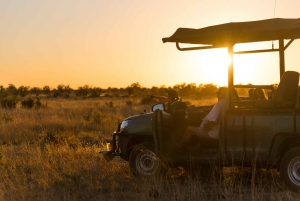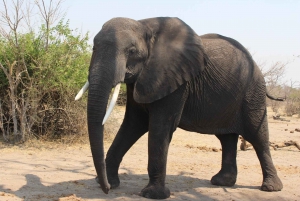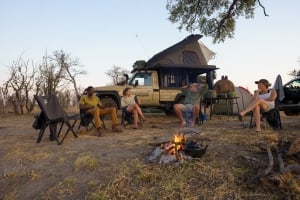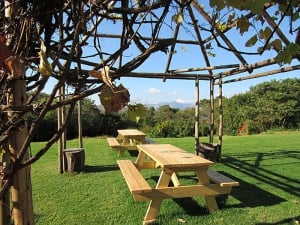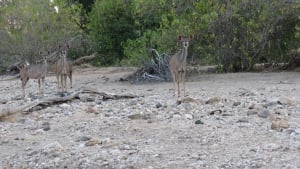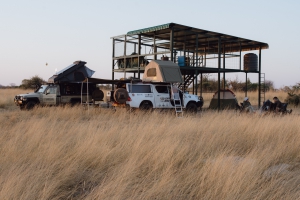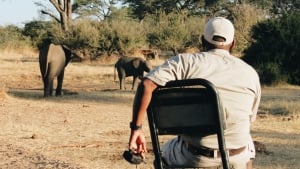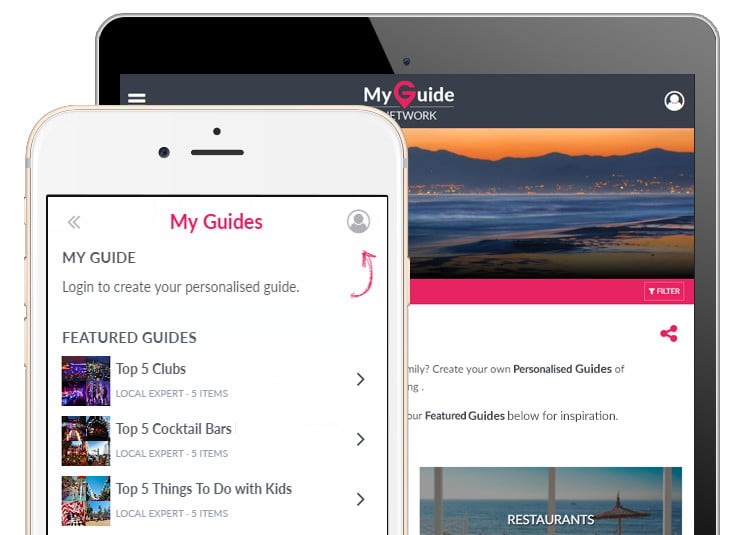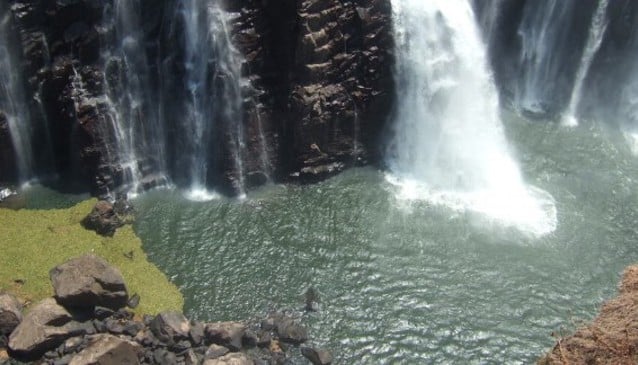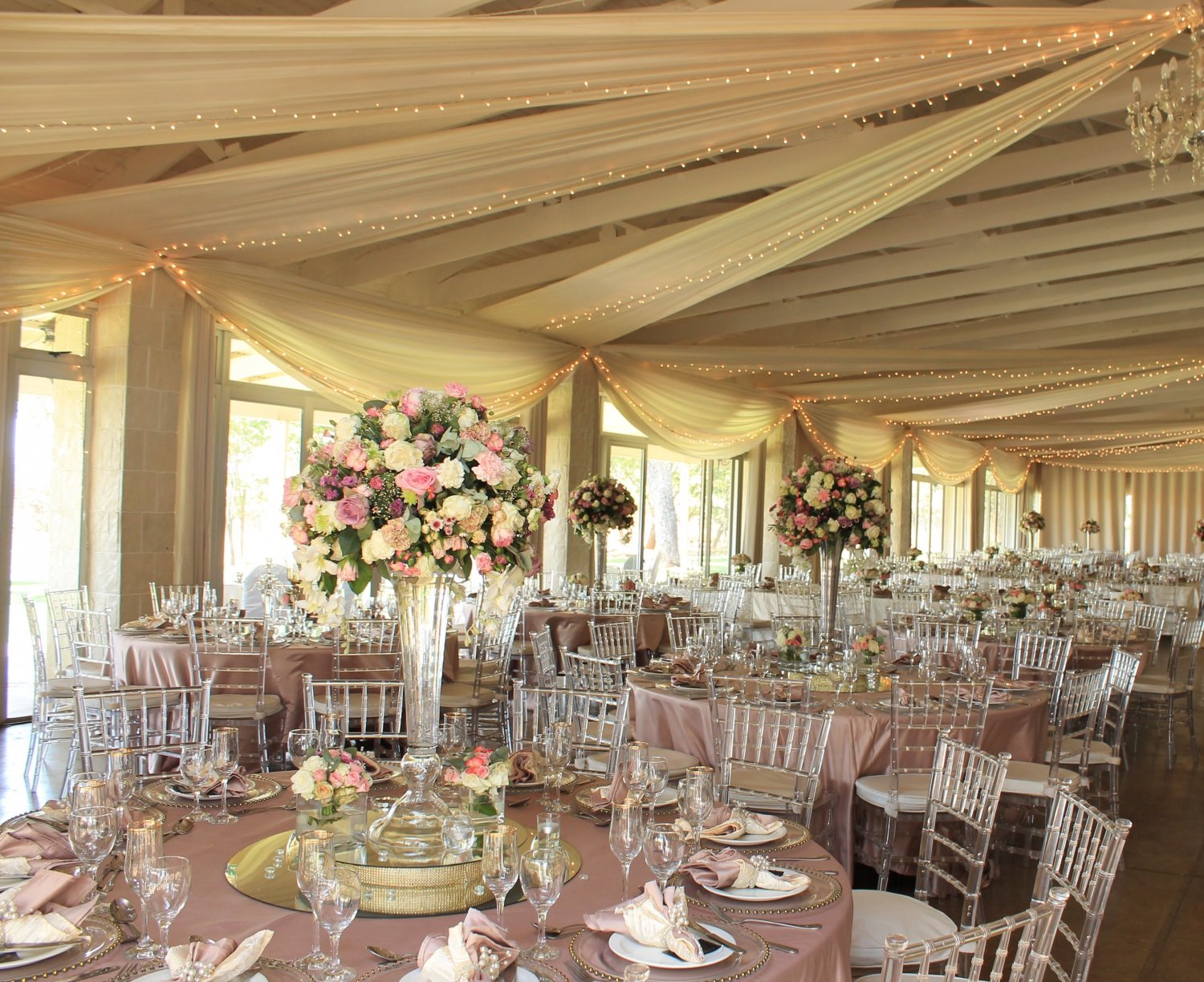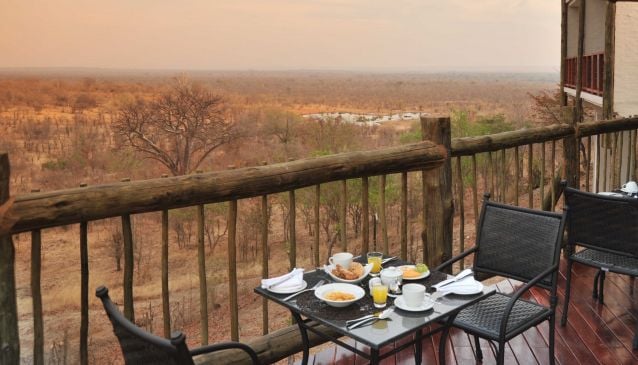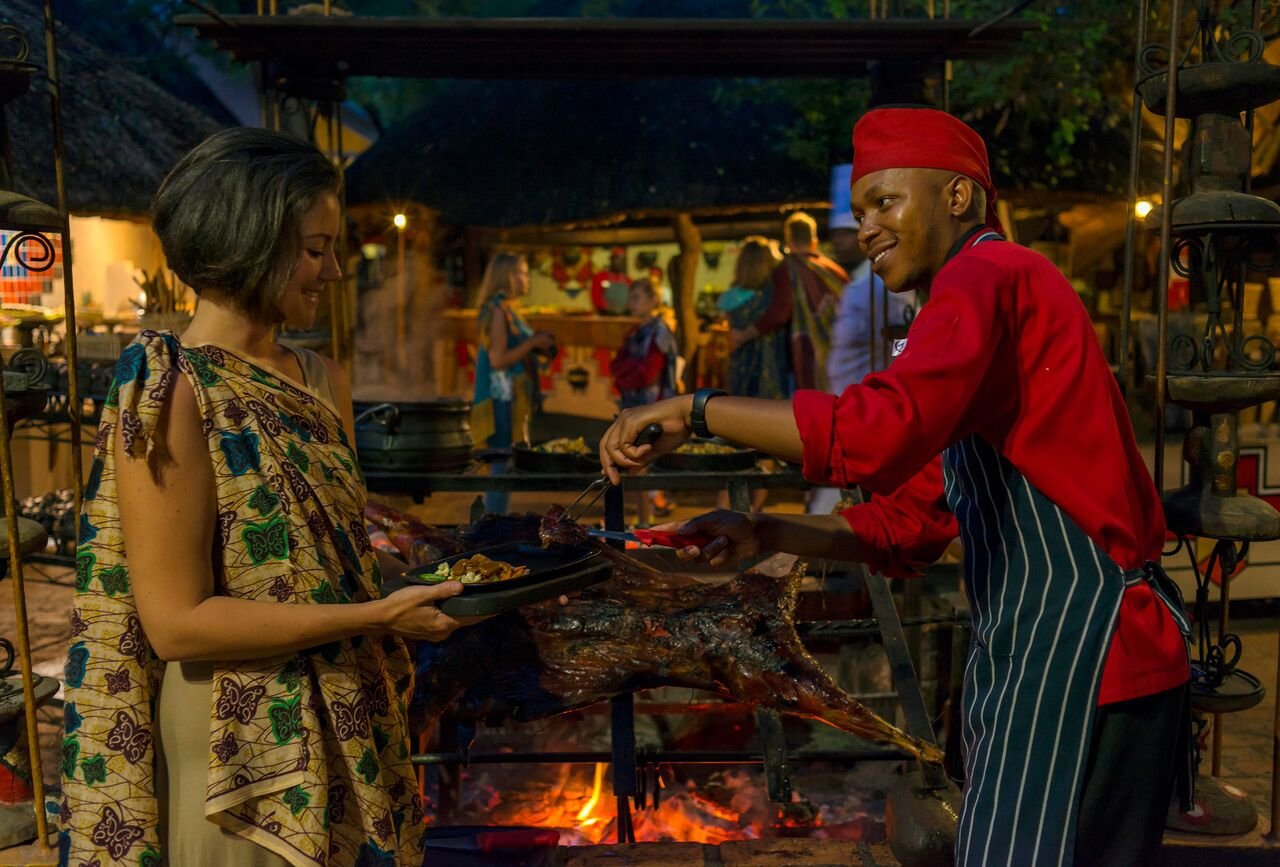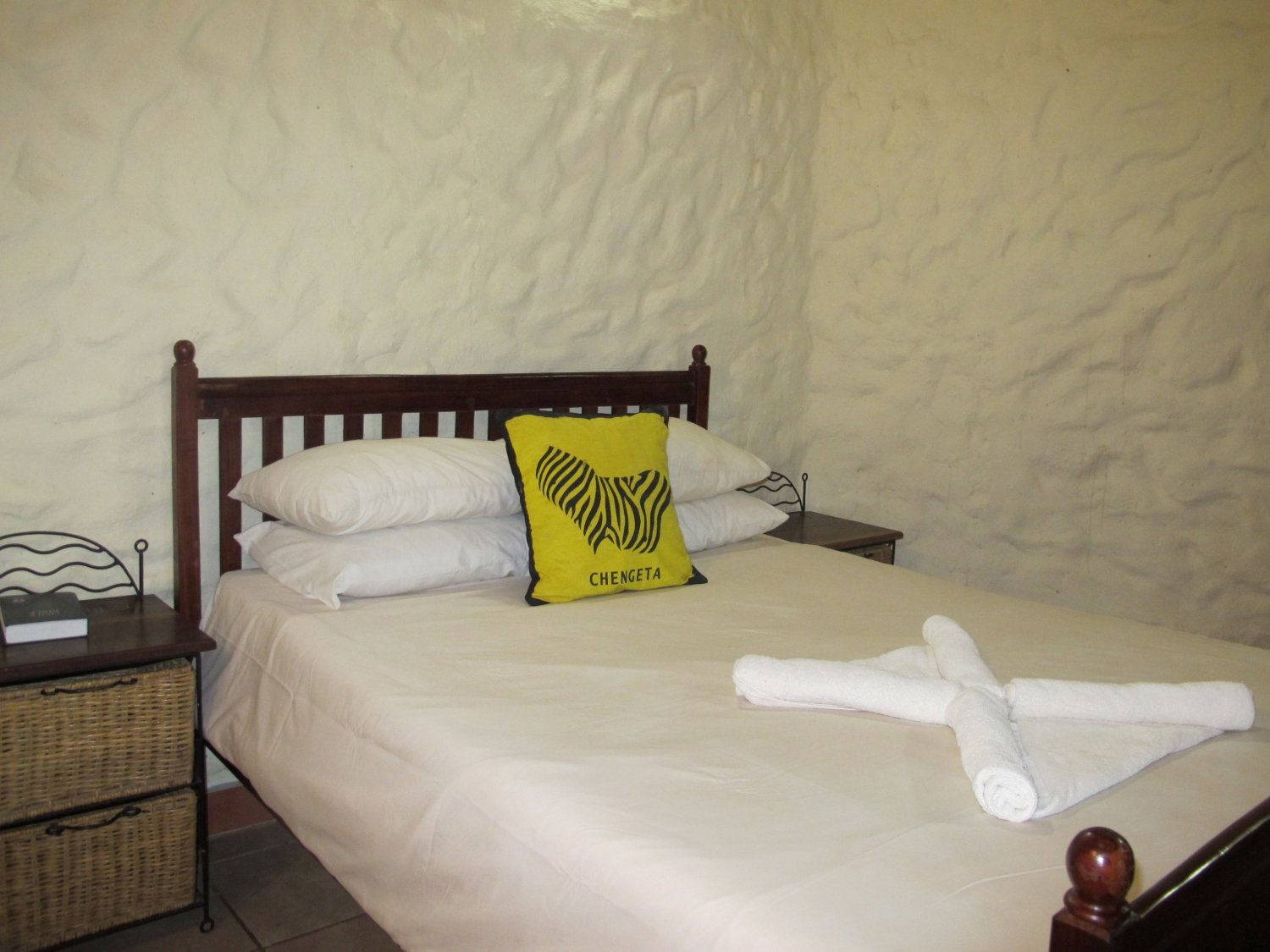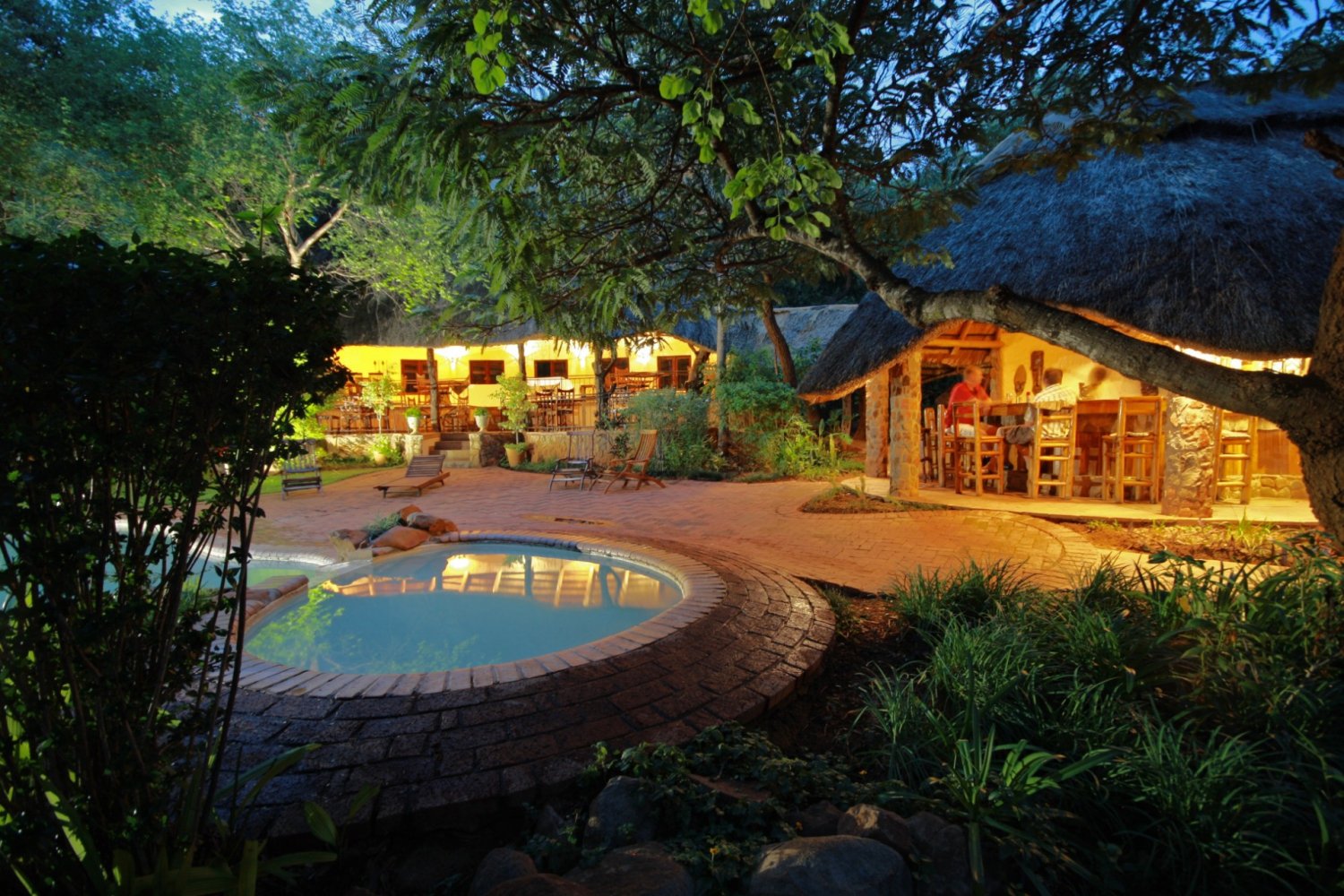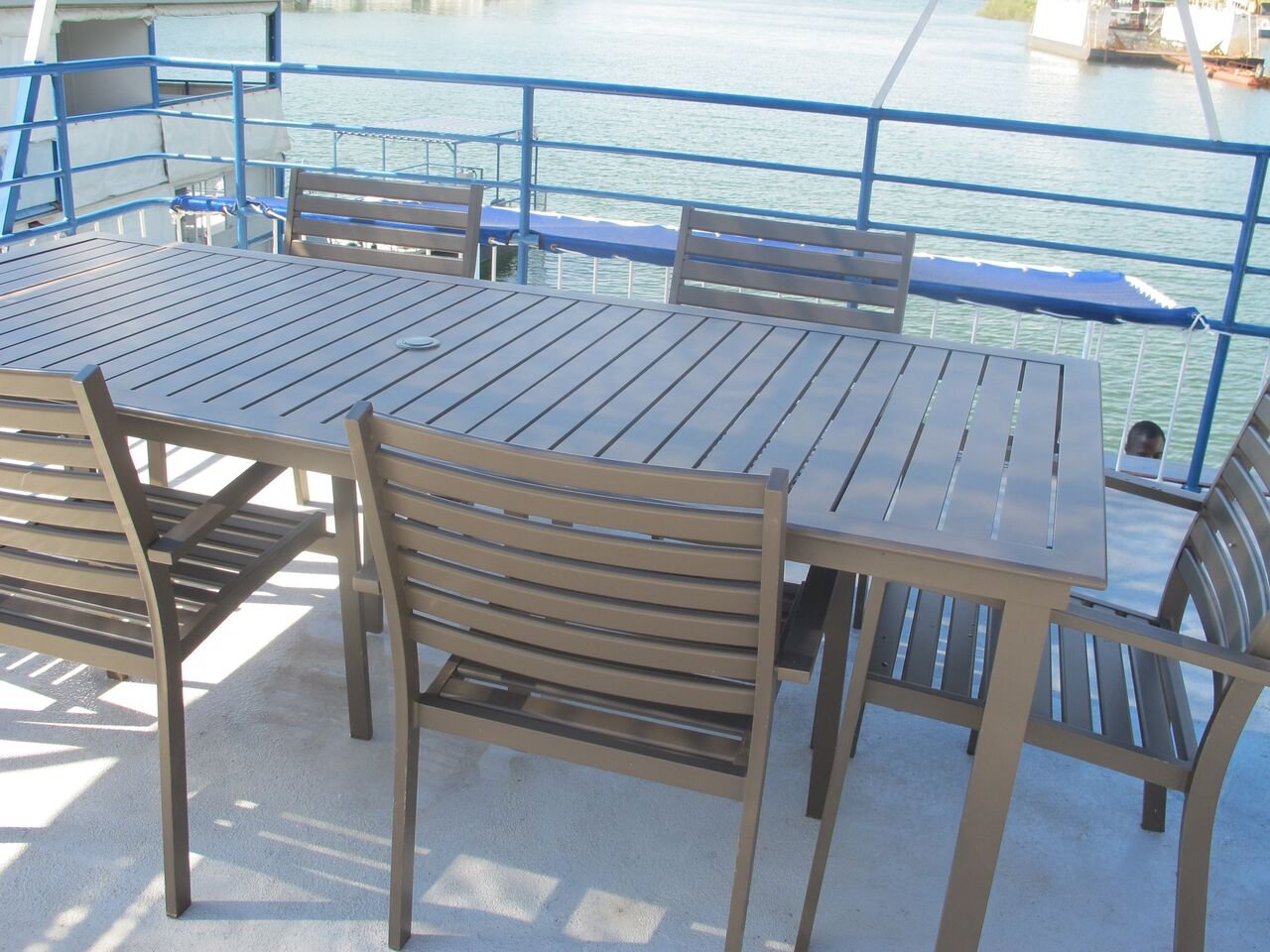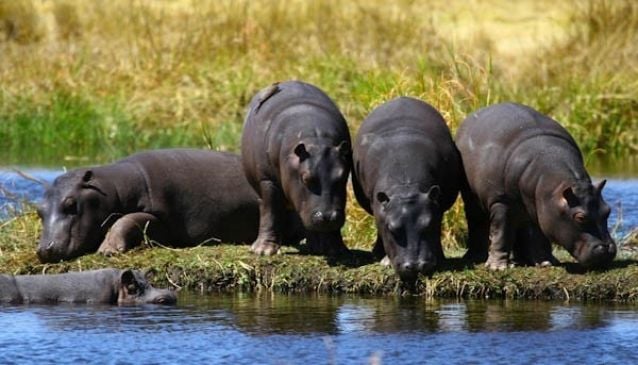Safari Guidelines in Zimbabwe
Book Top Experiences and Tours in Zimbabwe:
If youʻre booking your trip to Zimbabwe last minute, we have you covered. Below are some of the top tours and experiences!- Chobe Day Trip from Victoria Falls, Zimbabwe
- From Kasane: Victoria Falls Day Trip (Zimbabwe side)
- Victoria Falls: Dinner Cruise on the Zambezi River
- Victoria Falls: Guided Walking Tour
If you are visiting Zimbabwe for the first time or it's your very first safari here are a few things to note, a few doâÃÂÃÂs and donâÃÂÃÂts.
- Pay attention to instructions from your guide. This is the most important rule and is for your own safety. The guide is a trained professional and has experience with different scenarios. Adherence to instructions will make your experience more rewarding as well.
- Dress in dull colours âÃÂàcamouflage colours are the best. This ensures that you do not draw attention to yourself when in the bush. Please refer to our packing guide for more information.
- Try to make as little noise as possible. You are likely to see more animals when you do not draw attention to yourselves with raised voices or loud laughter. When the guide gives a signal be still, one second can make a world of difference if there are some shy animals nearby.
- Find out about the gratuity policy from your lodge or safari camp. Some lodges have one but others do not and leave it to the discretion of the guest. At most lodges the safari guide is internal (part of the staff). You can give an overall tip at the end of the trip. Some will have a tip Box/jar at the main lodge and this will be apportioned to all staff including the guide.
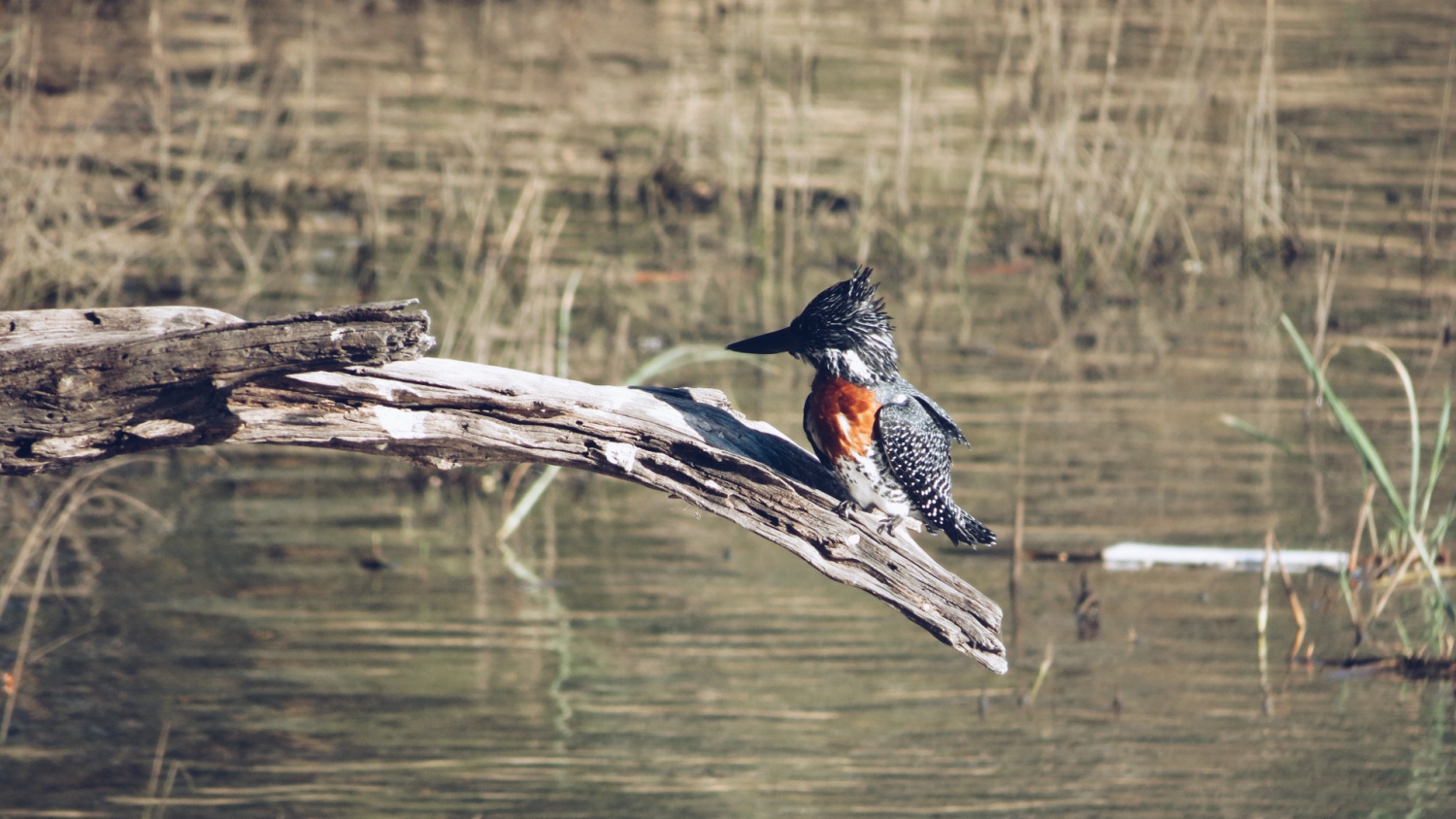
If there is an independent guide You can tip him or her directly. For example, Imvelo Safaris gives this guide
- Feel free to ask questions âÃÂàA trained guide is usually a fount of knowledge on the animals, birds, and other facets of the bush. Remember to ask questions when you spot something and you are curious. It makes the game drive interesting, as you learn more. Ask early while it is still fresh on the guideâÃÂÃÂs mind.
ÃÂ Find out about tailor-made safaris here Patrick Mavros, Taylors Africa Mobile safaris
- Camera use âÃÂàTry not to use flash photography or other noisy settings. If you must use your cellphone or tablet to take pictures, make sure it is on flight mode and you are not playing music or using other functions that may create distractions.
- Be courteous to others if you are sharing a vehicle. You may need to take turns to take pictures if animals are spotted on one side. Also, ensure that your selfies do not hinder others from a good view. Read more on photography tips here.
- Do not antagonize the animals. When you are on a game drive you are in their territory, do not tease them, scare them or try to lure them by whistling, shouting, etc.
- DonâÃÂÃÂt forget your Bird Checklist and binoculars. Here is an example of a bird checklist supplied by a safari lodge
- Be patient âÃÂàGame viewing is largely a game of chance. What a group of guests sees today is not what another will see tomorrow. While there are many variables to consider, you just have to be patient. A 2-hour drive may yield a few impalas and the odd monkey, while 45 minutes on a morning drive may be quite different. Be patient as the guide takes you to all the usual spots animals are likely to be seen. If the drive on day one yields nothing tomorrow may be different.
- Be in the moment âÃÂàBe alert, Capture as much as you can but edit or share your images later.
- Do not litter. Most safari camps will provide refreshments if you are going for lengthy game drives. Try not to carry your own snacks. You may unintentionally drop sweet wrappers, empty crisp packets, and water bottles, these are hazardous if consumed by animals. Most safaris camps are within National Parks; the entire park may not be patrolled daily to remove litter you leave behind. Read more here
- Do not feed the animals! Remember most Zimbabwe safaris are in national parks territory. The animals are wild and they are not accustomed to food for humans or commercial treats. The food you give the animals may not be good for them.
- Do not get out of the vehicle for photo ops, to approach animals, or to stretch your legs, it is not safe. If you need to take a break the game ranger or safari guide will take you to safe territory and then you can disembark.
- Do not smoke. Cigarette butts may cause veld fires if not disposed of correctly and in many cases, you will be sharing the vehicle with other guests who may not be comfortable with smoking.
